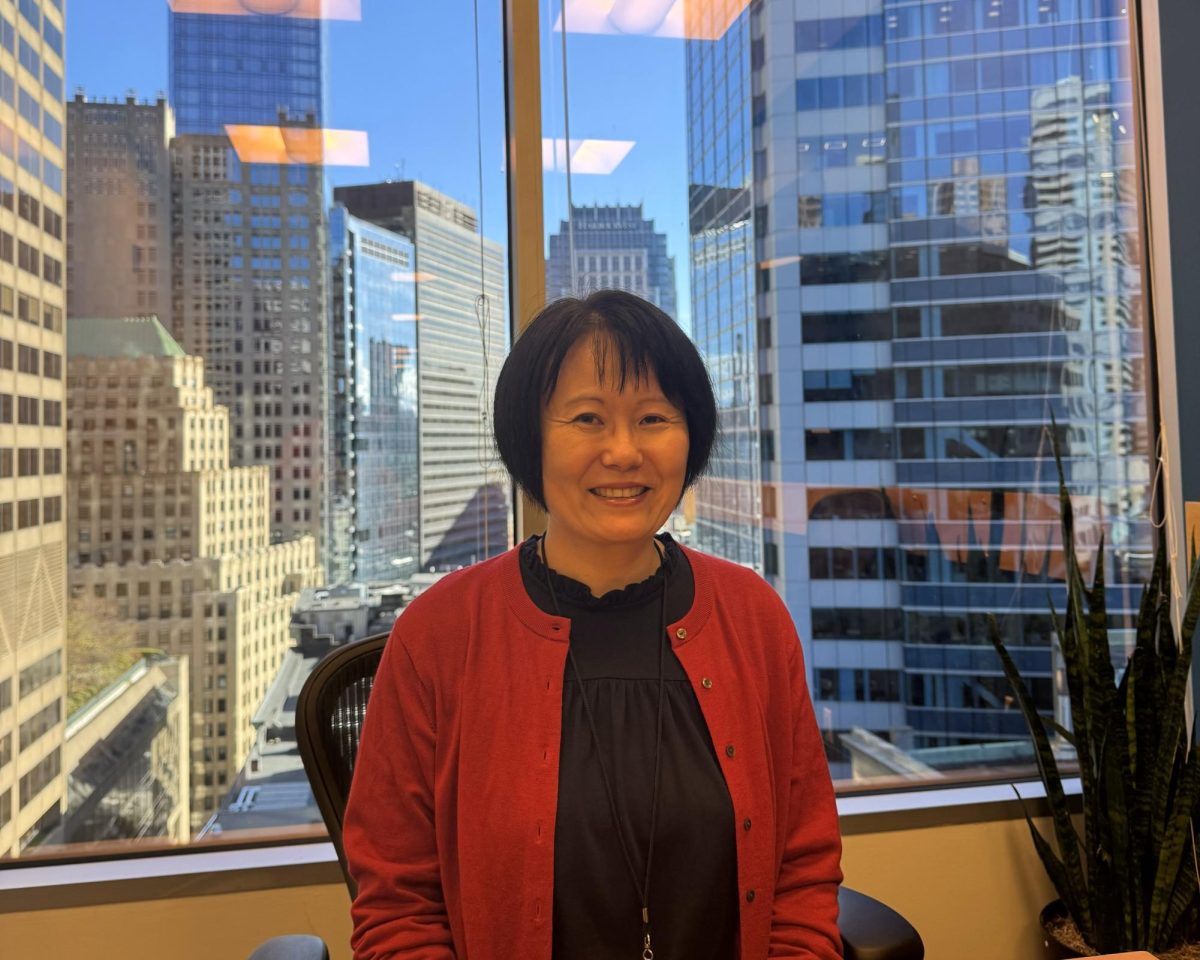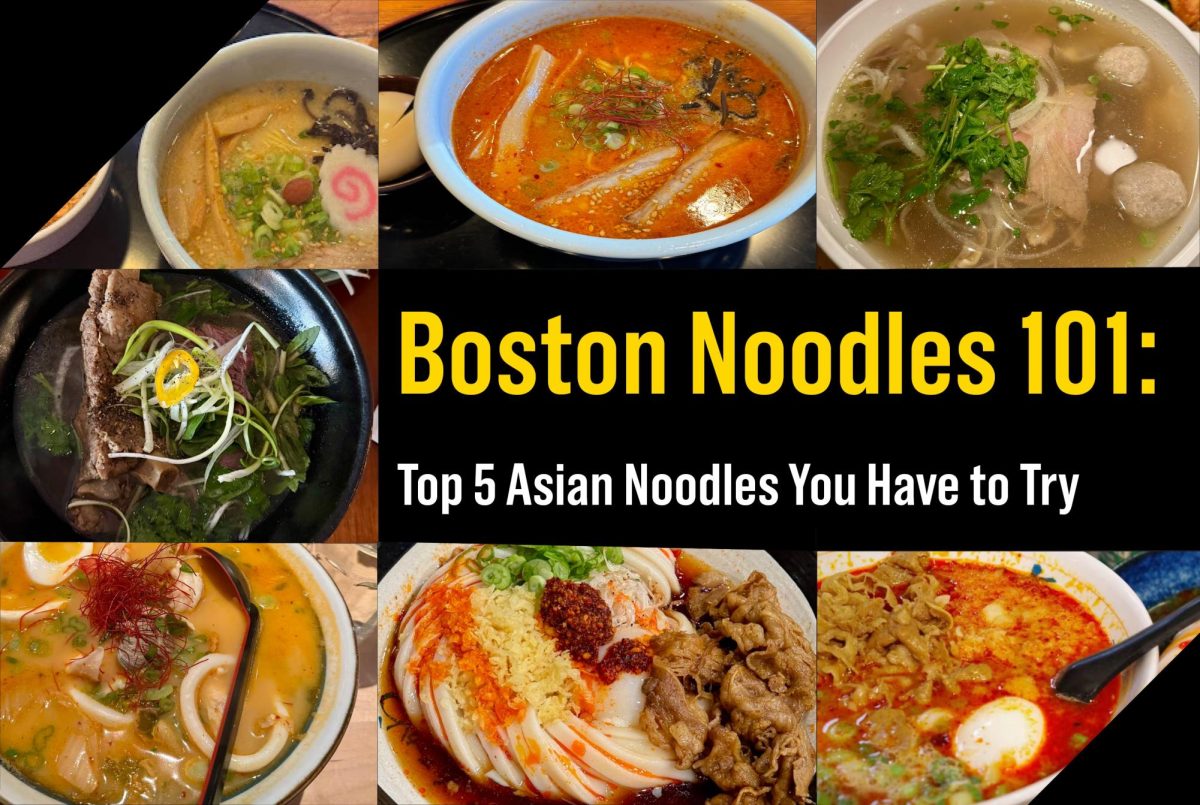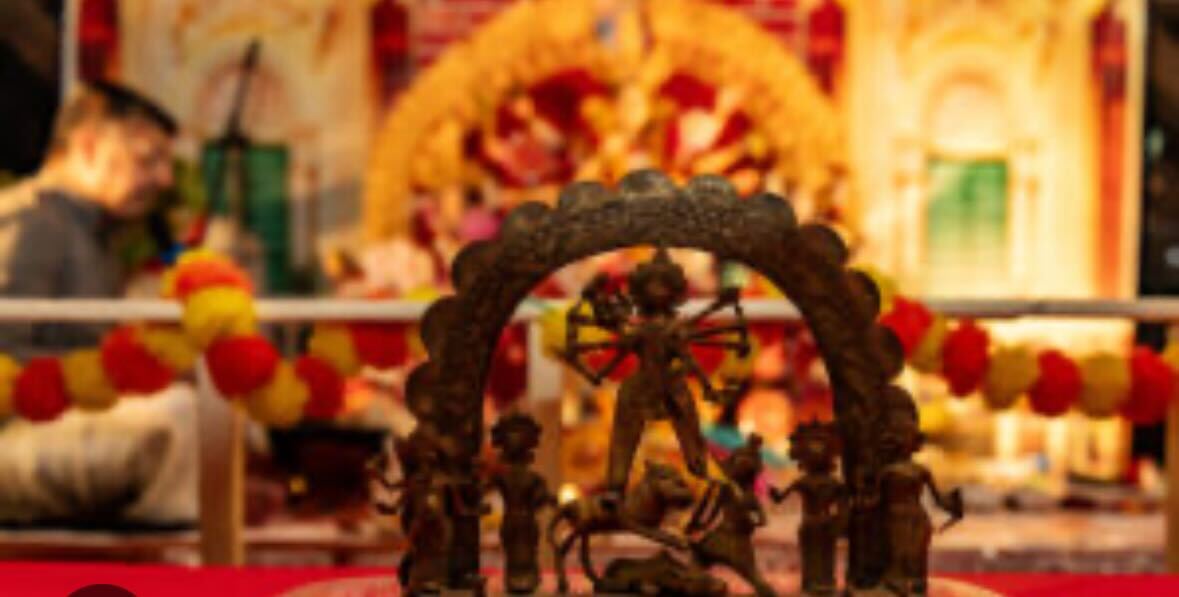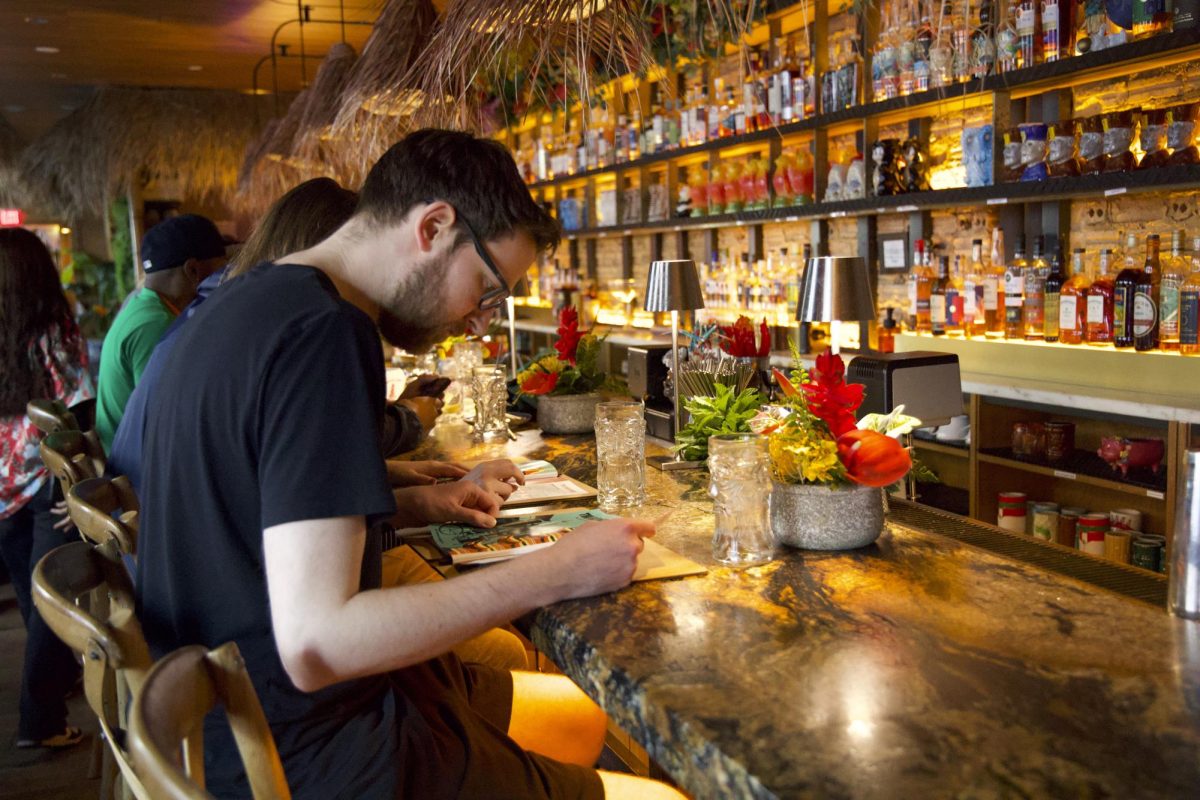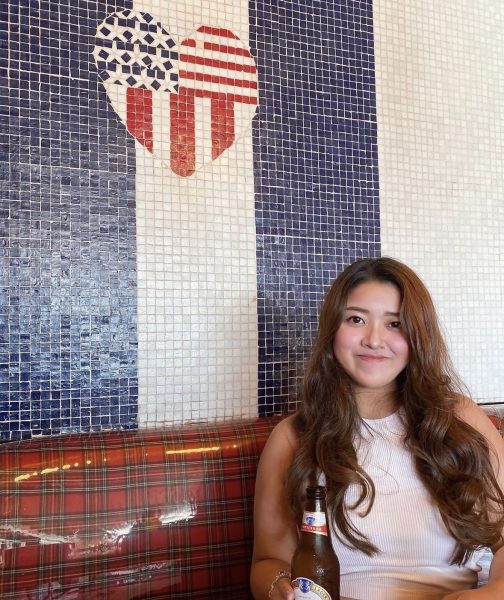As the head of the Japan Society of Boston, Naoko Takayanagi connects individuals passionate about Japanese culture, supports their interests, fosters a vibrant community and expands engagement with other Asian cultures.
The society celebrated its 120th anniversary last year, and throughout its long history, it has played a crucial role in bridging cultures between Japan and the United States. According to JSB’s website, the society was founded during the Russo-Japanese War in 1904, culminating in the signing of the Peace Treaty in September 1905 at another New England port-Portsmouth, New Hampshire. Today, it is driven by a mission to foster meaningful connections within the broader community.
With approximately 37 Japanese societies across the United States, some of which were founded by the Japanese, the Japan Society of Boston was among a few that Americans established. Today, Americans and other non-Japanese interested in Japanese culture comprise more than 90% of its audience. Takayanagi’s leadership reflects a commitment to cultural exchange and nurturing a vibrant community where mutual appreciation thrives, making the society a vital hub for those passionate about Japan.
“I would like to continue to increase our collaboration with other organizations in the Boston area not limited to Japanese organizations. I want to support people who are interested in Japan, not just showcase Japanese culture,” she said.
The Global Observer spoke with Takayanagi in a conference room with a panoramic view of downtown Boston about her experiences living in the United States for many years, the Japan Society of Boston and the Japanese community in Boston.
This conversation has been edited for clarity and length.
What motivated you to study modern languages and international public administration?
Many people study abroad and learn English, but I majored in modern languages and wanted to learn other languages. The program requirement was to choose two languages other than English and French. I chose Spanish and German and studied them for three years. After college, I worked at a bank in Tokyo. Still, I started to wonder if the profit-driven nature of the job was the right fit for me, so I decided to do a master’s degree in International Public Administration rather than get an MBA.
As someone with experience in Japanese language education, what do you find most rewarding about sharing Japanese language and culture with people who are not native speakers?
What I can do is very little, but I would like to support people interested in Japan. Some former students have improved their Japanese tremendously and eventually moved to Japan. I am thrilled to see them become fluent and pursue their goals in Japan. An Australian diplomat was one of my students in Washington, D.C.; he studied Japanese for about eight hours daily to work in Japan. Later, I saw him when I was visiting my parents in Japan. It was moving to see someone who started with zero Japanese speaking fluently. It makes me happy to be able to be part of my students’ Japan journey and continue to support them.
You have also lived in Canada and California, but from your perspective, are there any unique aspects of the Japanese community in Boston or the community of people interested in Japan compared to other Japanese communities?
Of all the places I’ve lived in the United States, I like Boston. In Boston, we have Japanese hair stylists, Japanese supermarkets and movie theaters that show the latest Japanese films, and surprisingly, many non-Japanese people speak fluent Japanese. Many people are interested in foreign cultures, so I feel welcome. Thanks to many universities, people are used to different cultures, and many international academics and students live there.
Please describe the Japan Society of Boston’s main aims and the activities you undertake to achieve them.
The Japan Society of Boston deepens mutual understanding between Japan and the United States through various events. We have a member with a Japanese tea room at home and others who are certified Ikebana or tea ceremony instructors. That is why we either find experts in their field who can present authentic Japanese culture in English or I sometimes interpret for our events. We hold online events with presenters in Japan several times a year and sometimes have people from Japan as speakers. Last year, we hosted an event with the fourth-generation owner of Fukube Kaji, who discussed the history of his knife-making business. In 2023, Adam Zgola, a Canadian carpenter in Japan, kindly shared his insights on Japanese architecture, and Reverend Matsuyama of Taizoin temple in Kyoto spoke about shōjin ryōri at our event. Most recently, a wagashi shop in Kyoto, Suetomi, demonstrated wagashi making, and the participants tasted wagashi with tea.
Who makes up the Japan Society of Boston?
The Japan Society of Boston is run by two full-time staff members, including myself, two part-timers, interns and several volunteers. Interns change every four months. Student volunteers tend to be those who love Japan and study Japanese and Japanese culture. We have Japanese American volunteers who want to stay connected to Japan. A couple of volunteers are in charge of articles for our newsletter. And, member-only events such as the contemporary book club and the film club are run by volunteer members passionate about Japanese literature and films.
Can you tell us how the objectives of the Japan Society of Boston when it was first established have changed over the years?
Understanding the needs of our audience is very important. While we value our longtime supporters, we must also expand our audience to include younger generations. Many young people like Japanese subcultures, such as anime, so we need to meet their needs to continue providing programs into the future.
Adapting to audience needs is essential for connecting with the next generation. Our first college event Gakuensai drew students from a dozen colleges last fall with support from Temple University Japan Campus. The event featured corporate participants Quick USA, IACE Travel, the JET Program and Anime Boston, along with performances by Boston Iaido, Wellesley Aiko and student musicians. Since Program Manager Joanne Ha and I took charge, we’ve expanded partnerships with key cultural institutions including the Museum of Fine Arts, Boston Lyric Opera, Boston Children’s Museum, The Trustees, Coolidge Corner Theatre, Belmont World Film and Taiwan Film Festival Boston.
Most recently, we collaborated with the Pao Arts Center and the Korean Cultural Society of Boston for The Inventive Brush: Calligraphic Echoes from China, Japan and South Korea, curated by Brandeis University Professor Aida Wong, and invited a local Japanese calligrapher, Michiko Imai, to do a demonstration.
We also collaborated with the Red Sox to organize the Japan Day game. Our intern created a jersey design with the Hokusai wave and the Japanese flag, which was very popular—the tickets with the jerseys sold out. We also brought two local Japanese drumming groups for a pre-game performance. Seeing the Red Sox seats filled with jerseys designed by our intern was a moving sight. We also actively share information on Japanese people, culture, and Japan-related events in the Boston area, not limited to our events, Japanese companies, stores, and restaurants, on our social media, website, and newsletter.

Are there any collaborations or exchanges between Japanese and Boston institutions or communities that you would like to focus on now?
JSB supports the collaborations and exchanges between Japanese and Boston institutions and communities. Our website has a map showcasing Massachusetts cities with sister city relationships with Japan. Boston and Kyoto are sister cities, and last year marked the 65th anniversary of the partnership. We’ve had guest presenters from Kyoto for our events. I also have interpreted for a group of Kyoto high school students visiting Boston Arts Academy. This year is the 35th anniversary of the Hokkaido – Massachusetts sister state partnership, so we plan to organize some events to commemorate this milestone.
Japan Society of Boston is a non-profit organization, but how is it managed financially?
Just like other nonprofits, we typically raise funds at our annual gala. We could not do this during the pandemic, so it was hard. Corporate sponsors vary depending on the theme of the gala. At last year’s Gala, we celebrated the 65th anniversary of the Kyoto-Boston sister city partnership. Our honorees were Takeda, Mr. Masataka Hata, president of Shoyeido Incense Company, Mr. Ernest M. Higa, chairman and CEO of Higa Industries Co.Ltd. and Wendy’s Japan, and Dr. Shinya Yamanaka, Director Emeritus and Professor, Center for iPS Research and Application [CiRA], Kyoto University, President, CiRA Foundation. Other sources of income include grants, donations, and membership fees.
Do you often form partnerships with Japanese companies and organizations and with Boston-based companies and organizations?
We are always looking for corporate sponsors. We host a few corporate events a year. Last year, we hosted an event with Dr. Takashi Sato, chief scientist and technical architect of the Life Science Product Division of Rigaku Corporation, as the speaker with the support of Japan Airlines. Takeda and many other companies supported our Gala last year. We also have corporate event sponsors such as Temple University Japan Campus, who sponsored our Gakuensai the previous year and have been helping our monthly Language Room. Quick U.S.A. sponsors several issues of our Language Newsletter. Our challenge is to understand the needs of companies and expand our corporate member/sponsor base.
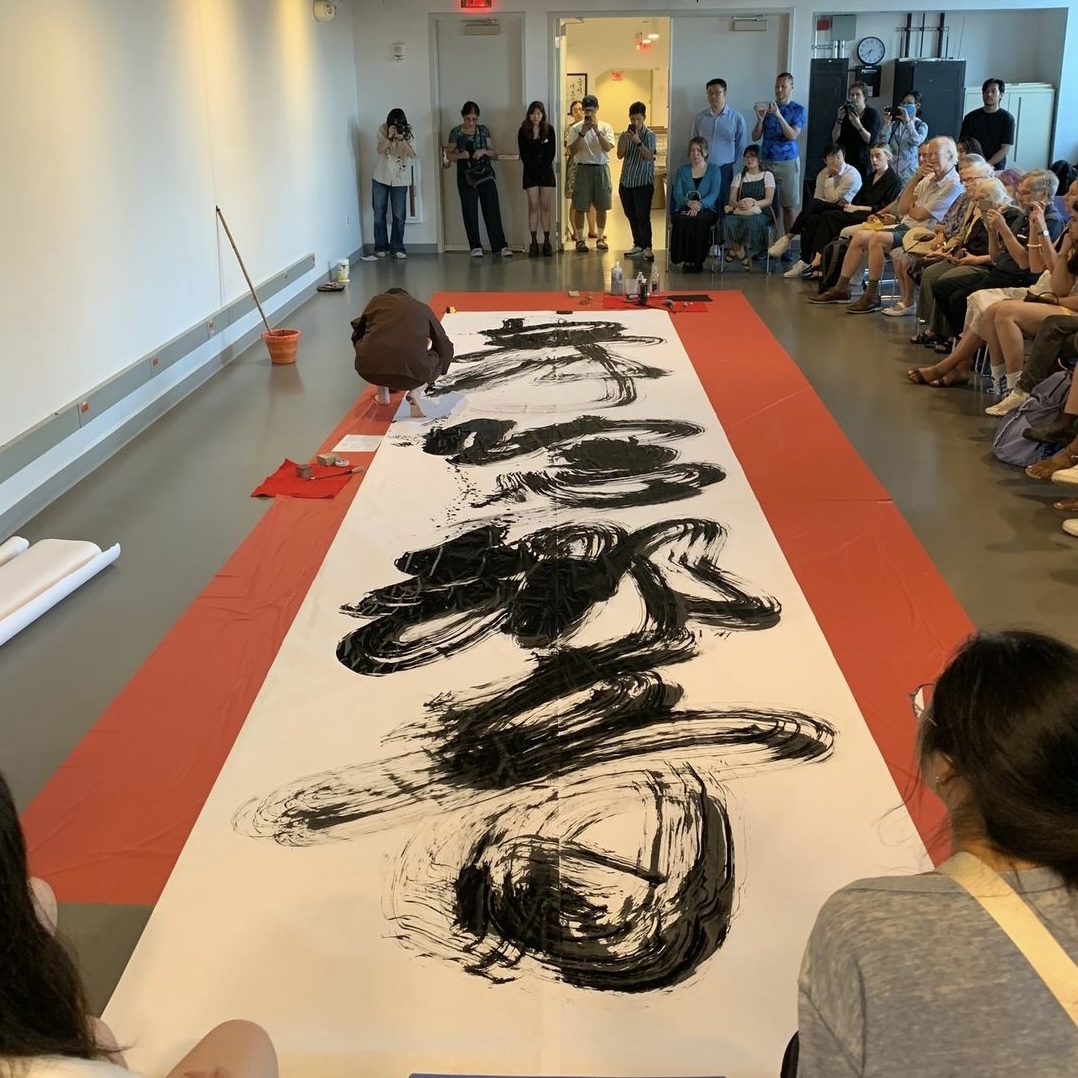
Could you tell us about the Japan Society of Boston’s future goals and the activities you want to focus on?
The Japan Society of Boston has been around for 120 years, and I hope it will continue for many more years. With that in mind, I want to consider how to pass the baton on to the next generation. If the readers of this article are college students, please check out our website for College Hub which offers information about Japan related internships and public events at colleges in the area. I also welcome you to attend our events. In addition, I would like to continue to increase our collaboration with other organizations in the Boston area not limited to Japanese organizations. For example, we appreciate the support of the Asian Community Fund at Boston Foundation which has created a very welcoming community. I want to support people who are interested in Japan, not just showcase Japanese culture.
JSB Contact info:

